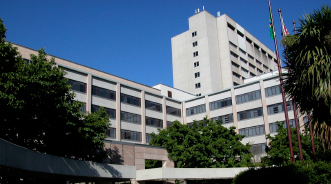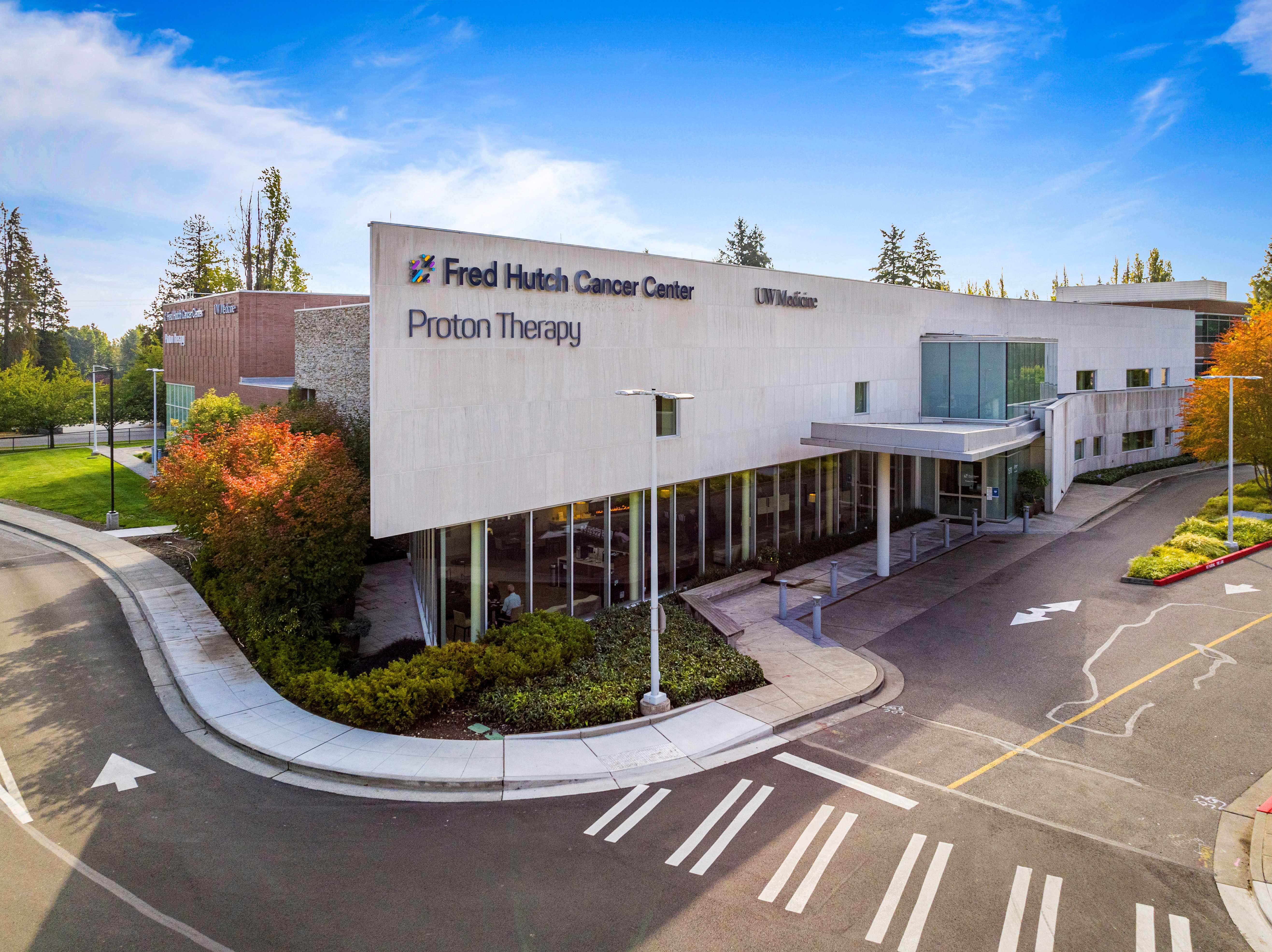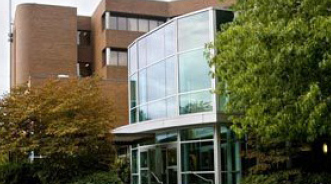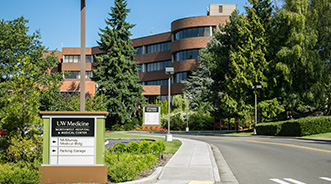
Brain and Spine Tumors
The brain is the center of thought, memory, emotion, speech, sensation and motor function. Together, the brain and spinal cord form the central nervous system. The spinal cord communicates with special nerves in the head, called cranial nerves, to carry and receive messages between the brain and the rest of the body.
Brain and spinal cord cancers are a disorganized collection of cells inside the skull or the spinal column that grow out of control and invade surrounding tissue. Brain and spinal cord cancers can occur in the central nervous system as primary cancers, or they can “travel” from other parts of the body and form deposits in the brain or spinal cord in what is called a secondary cancer. Many brain cancers are the result of metastasis–the spread of cancer from other places in the body to the brain.
There are two general types of brain tumors:
- Primary – a tumor that starts in the brain. Primary brain tumors can be benign (not cancerous) or malignant (cancerous). Primary tumors in the brain or spinal cord rarely spread to distant organs.
- Metastatic – a tumor caused by cancer elsewhere in the body that spreads to the brain. Metastatic brain tumors are always cancerous. Brain tumors cause damage because, as they grow, they can interfere with surrounding cells that serve vital roles in our everyday life.
Types of Brain and Spine Tumors We Treat
- Acoustic Neuroma/Vestibular Schwannoma
- Adult Intracranial Ependymoma
- Adult Low-Grade Infiltrative Supratentorial PNET
- Adult Medullobastoma
- Anaplastic
- Astrocytoma
- Atypical Meningioma
- Benign tumors: Acoustic Neuroma, Meningioma
- Brain
- Brain/Spine Metastases
- Central Nervous System
- Chondrosarcoma
- Chordoma
- CNS Primitive Neuroectodermal Tumor (PNET)
- Craniopharyngioma
- Ganglioglioma
- Germinoma
- Gliomas/Giloblastoma
- Gliomatosis Cerebri
- Glomus Tumor/Paraganglioma
- Hemangiopericytoma
- Leptomeningeal Metastases
- Low Grade Glioma
- Metastatic Lesions
- Metastatic Spine Tumors
- Meningioma
- Oligodendroglioma
- Oligoastrocytoma
- Pilocytic Astrocytoma
- Pleomorphic Xanthoastrocytoma
- Pineoblastoma
- Pineal Parenchymal Tumor of Intermediate Differentiation
- Pediatric CNS malignancies
- Pituitary tumors
- Primary CNS Lymphoma
- Primary Spinal Cord Tumors
- Spine
Among the Non-Tumor Conditions We Treat
- AVM/Artial Venous Malformation
- Functional disorders/TGN
- Trigeminal Neuralgia
Our Approach
Depending on your diagnosis, stage and particular situation, brain and spine tumors can be treated with radiation, surgery, or chemotherapy, either alone or in combination with each other.
The physicians at the University of Washington Department of Radiation Oncology work very closely with your surgeon and medical oncologist to determine which combination of treatment is best for you. Our team consists of clinicians from neurological-surgery, medical neuro-oncology, radiation oncology, endocrinology, hematology-oncology, neuroradiology, neuropathology and rehabilitiation medicine. These teams review cases at multidisciplinary tumor boards dedicated to diseases of the brain and central nervous system.
Because of our team’s deep collaboration with the Fred Hutchinson Cancer Research Center and the Seattle Cancer Care Alliance, you can be assured that your treatment plan will be highly individualized and based on latest the advances in cancer research.
Please contact us if you are interested in a consultation to discuss the options that best fit you.
















